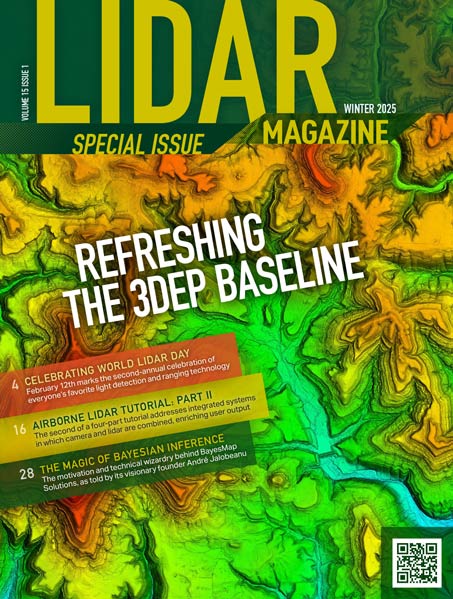Herndon, Va., (Jan. 16, 2023)— The United States Geospatial Intelligence Foundation (USGIF) has granted reaccreditation to Pennsylvania State University and the United States Military Academy for their graduate certificate in Geospatial Intelligence Analytics and undergraduate Geospatial Intelligence certificate program, respectively.
In total, 21 colleges and universities offer USGIF-accredited programs and over 1,600 students have received a USGIF GEOINT certificate.
“There is a critical need for a robust talent pipeline in the geospatial intelligence field,” said Ronda Schrenk, USGIF CEO. “USGIF accreditation elevates the programs training future GEOINT talent. We are proud of our academic partners and delighted to continue our work with the U.S. Military Academy and Pennsylvania State University.”
USGIF’s accreditation program provides colleges and universities with an independent, expert assessment of its geospatial curricula. This recognition helps students determine which schools provide a high-quality geospatial intelligence education and helps future employers develop their talent pipeline.
“We are pleased that our geospatial intelligence program once again meets the rigorous requirements outlined in the USGIF accreditation standards and criteria,” said Gregory Thomas, the program director of the certificate program at Penn State and an associate teaching professor in its College of Mineral Sciences. “Students in our program can be confident that they are obtaining the necessary GEOINT competencies and skills to obtain a competitive advantage in this discipline.”
Pennsylvania State University’s certificate program, offered online through Penn State World Campus, was first accredited by USGIF in 2008. “Penn State has been a long-time supporter of the USGIF and was one of the first academic programs to be accredited by the organization,” Thomas said.
COL William Wright, Director, Geospatial Information Sciences, U.S. Military Academy, noted that West Point’s accredited program, which was created in 1980 and first accredited by USGIF in 2011, has played a major role in student success. “Over the past six years, the program has not only effectively doubled the average number of enrolled cadets per graduating class, but also mirrors the diverse fabric of the United States Military Academy at West Point’s student body. Our success is further highlighted by the prestigious scholarships our students have won since our last accreditation, including a Knight-Hennessy, two Fulbright, Stamps, and Southampton University Scholars. These achievements underscore our ongoing dedication to remain at the forefront of technological advancement and partnership with the Army and industry leaders,” Wright said.
U.S. Military Academy Vice Dean for Academic Affairs Susan Richardson added, “We’re proud of our Geospatial Information Science program leaders for demonstrating their commitment to excellence in delivering cutting-edge curriculum and skills in a dynamic field by securing accreditation from the United States Geospatial Intelligence Foundation. In the face of evolving geospatial intelligence landscapes, this accreditation provides assurance to our cadets and stakeholders that our curriculum aligns with current industry standards, fostering innovation and equipping our graduates to adeptly navigate the challenges of a continually changing global environment.”
Each program is awarded reaccreditation for a full term of five years. For more information on USGIF accredited schools, visit: https://usgif.org/education/
About USGIF
The United States Geospatial Intelligence Foundation (USGIF) is a 501(c)(3) nonprofit educational foundation dedicated to promoting the geospatial intelligence tradecraft and developing a stronger GEOINT Community with government, industry, academia, professional organizations, and individuals who develop and apply geospatial intelligence to address national security challenges. USGIF achieves its mission through various programs and events and by building the community, advancing the tradecraft, and accelerating innovation.
